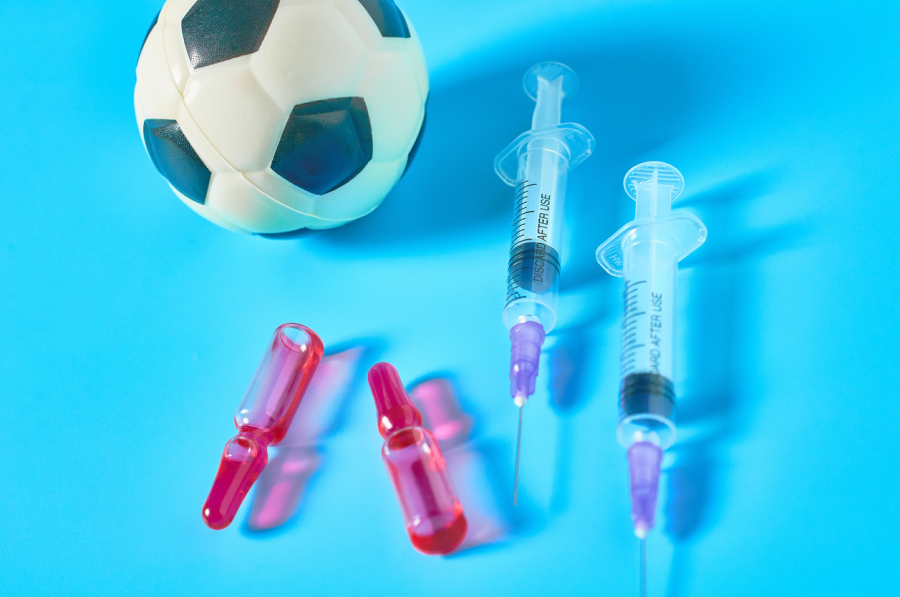The Mario Vušković case: EPO detection and the limits of legal challenge

The case of football player Mario Vušković[1] offers a compelling illustration of the complexities involved in anti-doping proceedings, particularly in relation to the detection and legal assessment of the blood boosting hormone erythropoietin (EPO). While the case may not have triggered a broad public debate or raised fundamental concerns about the fairness of the anti-doping system as a whole, it is nonetheless notable for several reason:
- It sheds light on the evidentiary standards applied by the panel at the Court of Arbitration for Sport; and raises questions about the interplay between constitutional principles, such as proportionality under German law and the default four-year sanction under the World Anti-Doping Code; and
- Invites closer scrutiny of the lex mitior principle (the more lenient law applies) as interpreted by the Swiss Federal Tribunal.
This article examines the case, looking at:
To continue reading or watching login or register here
Already a member? Sign in
Get access to all of the expert analysis and commentary at LawInSport including articles, webinars, conference videos and podcast transcripts. Find out more here.
- Tags: Anti-Doping | CAS | Croatia | Dispute Resolution | FIFA | Football | German Football Association (DFB) | Germany | World Anti-Doping Agency (WADA)
Written by
Tomás Navarro Blakemore
Tomás is an attorney at MLL Legal. His work spans all areas of international dispute resolution, with a focus on international commercial and sports arbitration. He also advises private clients, non-profit organisations and social enterprises on structuring, governance and fundraising.
Ada Sofie Altobelli
Ada is an attorney at MLL Legal specializing in sports law, intellectual property, and arbitration. She advises clients in these areas and acts in national and international arbitration proceedings both as counsel and arbitrator.





